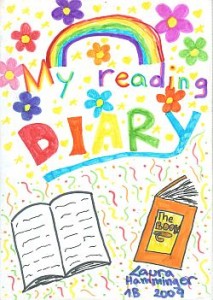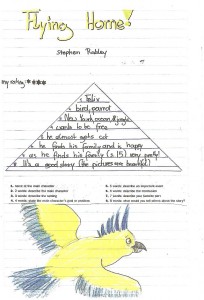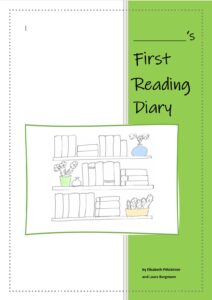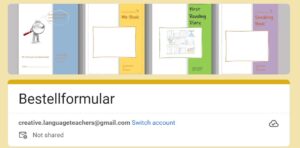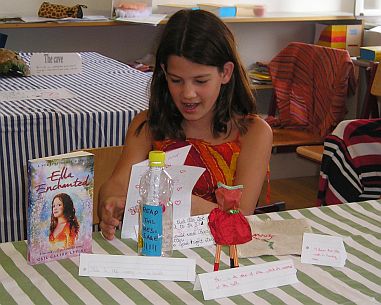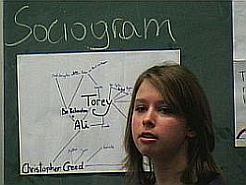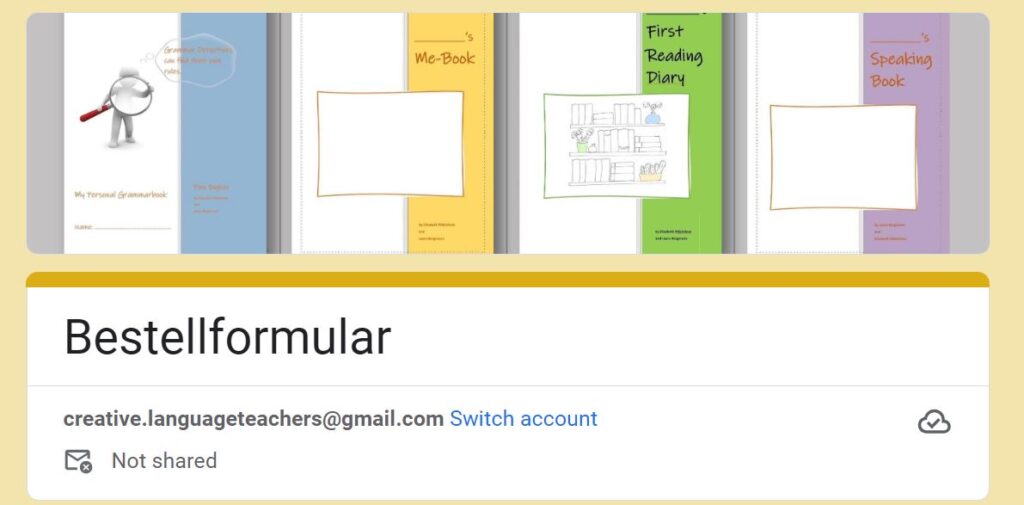If you have been in one of my reading seminars and are looking for worksheets and materials, start here. The goal of all these activities is to make learners interested in reading books and enjoy them. I am not trying to teach complex literary analysis here but I want to
- encourage learners to ask questions,
- I want them to “meet” interesting characters in the books they have read and thus
- learn to see the world through new and different perspectives.
In an interview Ian McEwan once said “novels are not about ‘teaching people how to live but about showing the possibility of what it is like to be someone else. It is the basis of all sympathy, empathy and compassion. Other people are as alive as you are. Cruelty is a failure of imagination”
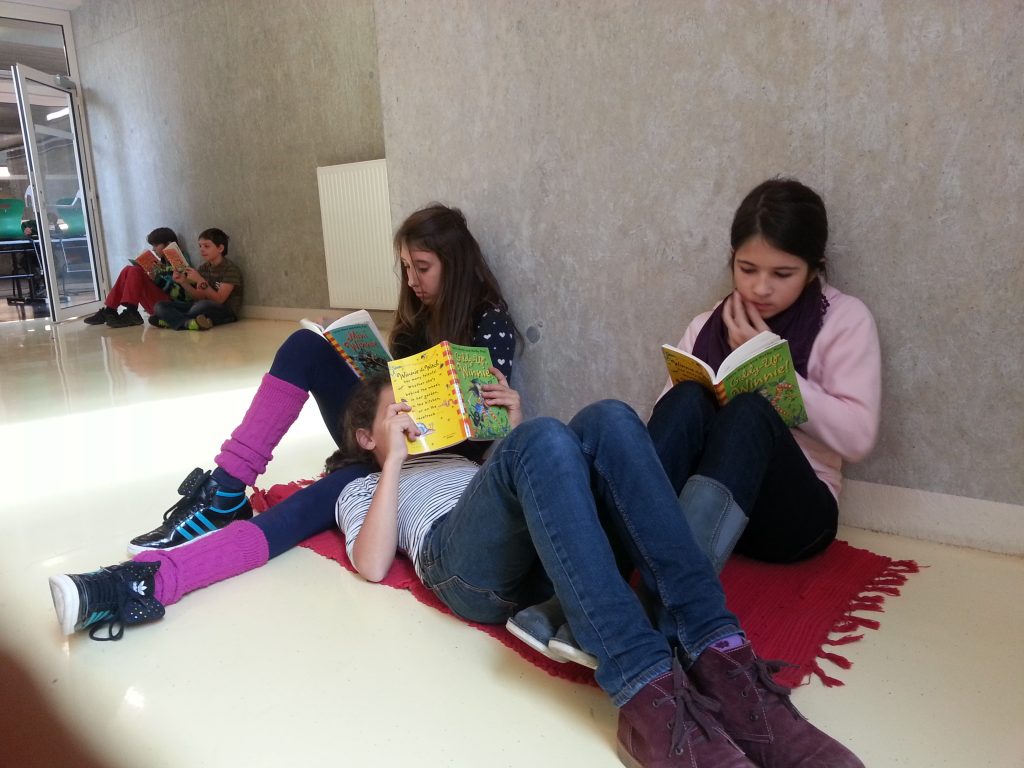
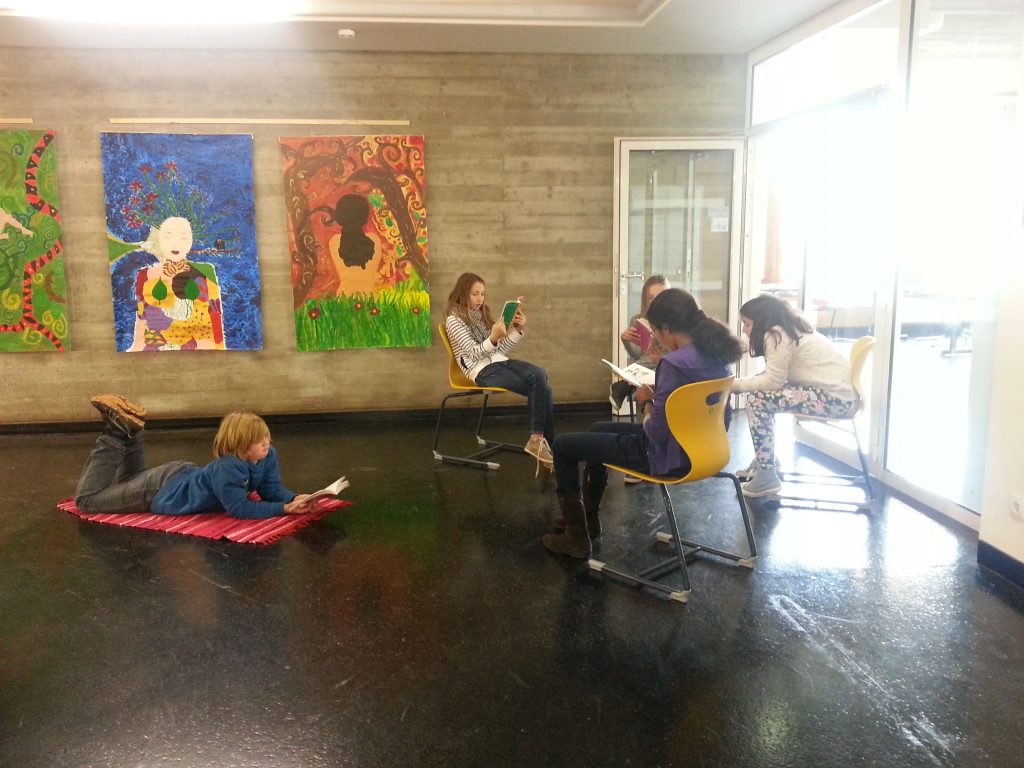
I have organized my materials under the following headings:
Fun for Beginners
There you’ll find ideas for using stories and picture books with beginners. Even first year students of English can read picture books and enjoy them without worrying about unknown vocabulary or new grammar. They enjoy the stories and walk away with the feeling ” English books are fun”. That’s how we can encourage top-down reading strategies and lay the foundations for a love of literature and culture.
“My First Reading Diary” helps to structure the students’ reading experiences and encourages them to develop a regular reading habit. Click on the image to open the reading diary.
Go to Fun for Beginners
Lower Intermediate Readers
Here I am showing reading projects that have worked well with my students of years 2 and 3. Since GIBS is a bilingual school and our students’ level of English is fairly high, you might want to do these projects a year later if you teach in a regular school with only a few hours of English per week.
Before diving into these pages, let me say a word of warning:
I have not used ANY of these materials for whole-class projects. I really believe that readers should have a choice as to what they are reading. Forcing even the best book on a whole class will kill it and will turn most kids off. Do YOU want to read any book??? Why should your students??? Boys often want to read adventure books and fantasy while girls prefer more subtle personal drama and stories of friendship. Slow readers need short, easy books that would bore the read-a-holics in the class. There’s really no way to satisfy them all — unless you give them a choice.
All my book projects are designed as group projects where the students choose one book out of 4 or 5 that I present in this project. They then read the book of their choice and work on the tasks in their groups. When the groups finally present their books to the whole class, kids are really curious and interested in hearing about the other books and usually want to read another one or two for private reading. Read more .
Young Adult Projects
In this category yo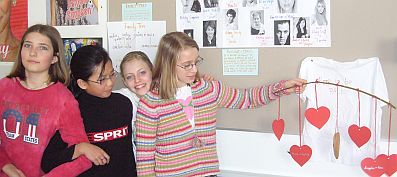 u’ll find lots of books and reading projects that have worked well with my students in years 3-5. Some are organized by topics, others stand alone. Again all the projects have been designed as group-projects. Go to YAL-projects.
u’ll find lots of books and reading projects that have worked well with my students in years 3-5. Some are organized by topics, others stand alone. Again all the projects have been designed as group-projects. Go to YAL-projects.
Advanced Literature Projects
In this part you will find a number of reading projects and materials that have worked well with my upper-school students (age 16 – 18). The basic outline of the projects is similar to the YAL projects. We do all the projects in groups and the students choose the book they want to work on in their group. The only exception to this rule is when I work with short stories. I like this a lot because good short stories have all the features of a novel but they are short enough so even a reluctant reader can get through. They give me a chance to discuss some important features of literature or focus on certain topics and issues in society. Short stories are also a great starting point for discussions on cultural differences and they are perfect “bait” I can lay out to make my students interested in reading the novels by the same authors. Students who have read some of the stories of T.C. Boyle, Ian McEwan, Kurt Vonnegut, Paul Auster or Barbara Kingsolver often want MORE. They won’t be lost the next time they go to a bookstore or to the library — they know where they are heading. Read more …
Back to TOP

